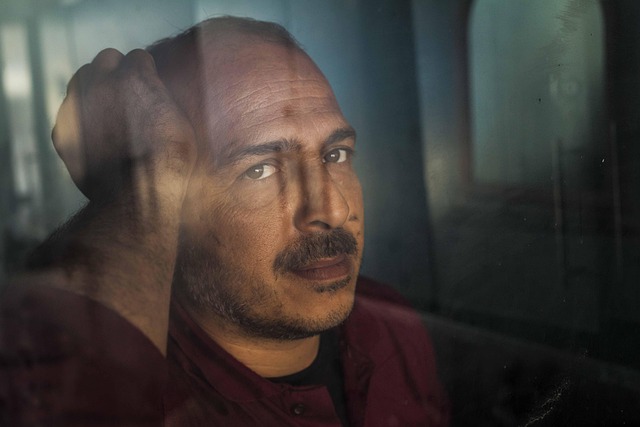Navigating Existential Anxiety: A Modern Science Perspective
In our increasingly complex world, the sensation of anxiety often feels like an inevitable part of the human experience. It can arise from daily stressors, personal relationships, or a looming sense of purpose and meaning—or rather a lack thereof. The exploration of existential anxiety, a deep-seated unease that questions the very fabric of our existence, has not only captivated the attention of philosophers but also gained traction among modern scientists.
When we delve into the realm of modern philosophy, thinkers like Jean-Paul Sartre and Viktor Frankl encourage us to confront the absurd and acknowledge our freedom within it. Sartre posited that existence precedes essence, urging individuals to find meaning in a world devoid of predetermined purpose. This creates a fertile ground for anxiety, as we grapple with the vast possibilities of life and the weight of our personal choices. Frankl, on the other hand, emphasizes the pursuit of meaning as a means to overcome suffering. His insights suggest that embracing our struggles can lead to a deeper understanding of ourselves, thus alleviating some of the existential unease we often feel.
From a scientific standpoint, recent studies have unveiled the intricacies of anxiety, revealing its biological roots. Neuroscience has shown us that the brain’s amygdala plays a crucial role in processing emotions like fear and anxiety. Modern research also highlights the impact of our environments, experiences, and even genetics on how we experience anxiety. Stress, for example, can trigger a cascade of chemical reactions in our bodies, manifesting both psychologically and physically. This understanding helps demystify the feeling of anxiety, providing a language to articulate our struggles.
As we blend these insights from modern philosophy and science, a more cohesive perspective on existential anxiety emerges. The intersection of thought and empirical evidence invites us to not merely react to our anxiety, but to engage with it thoughtfully. Acknowledging that our feelings are rooted in both our biology and our beliefs empowers us to cultivate resilience.
Mindfulness practices, often supported by scientific research, provide effective tools for managing anxiety. Techniques such as meditation, deep breathing, and self-reflection create space for us to explore our thoughts and emotions without judgment. These practices align well with existentialist principles, allowing us to confront the fundamental questions about life, freedom, and responsibility in a way that feels both grounded and liberating.
Ultimately, navigating the landscape of existential anxiety calls for a fusion of knowledge and introspection. By engaging with both modern science and philosophy, we can better understand the triggers and implications of our anxiety, empowering us to sculpt our unique paths through this intricate labyrinth of existence.




